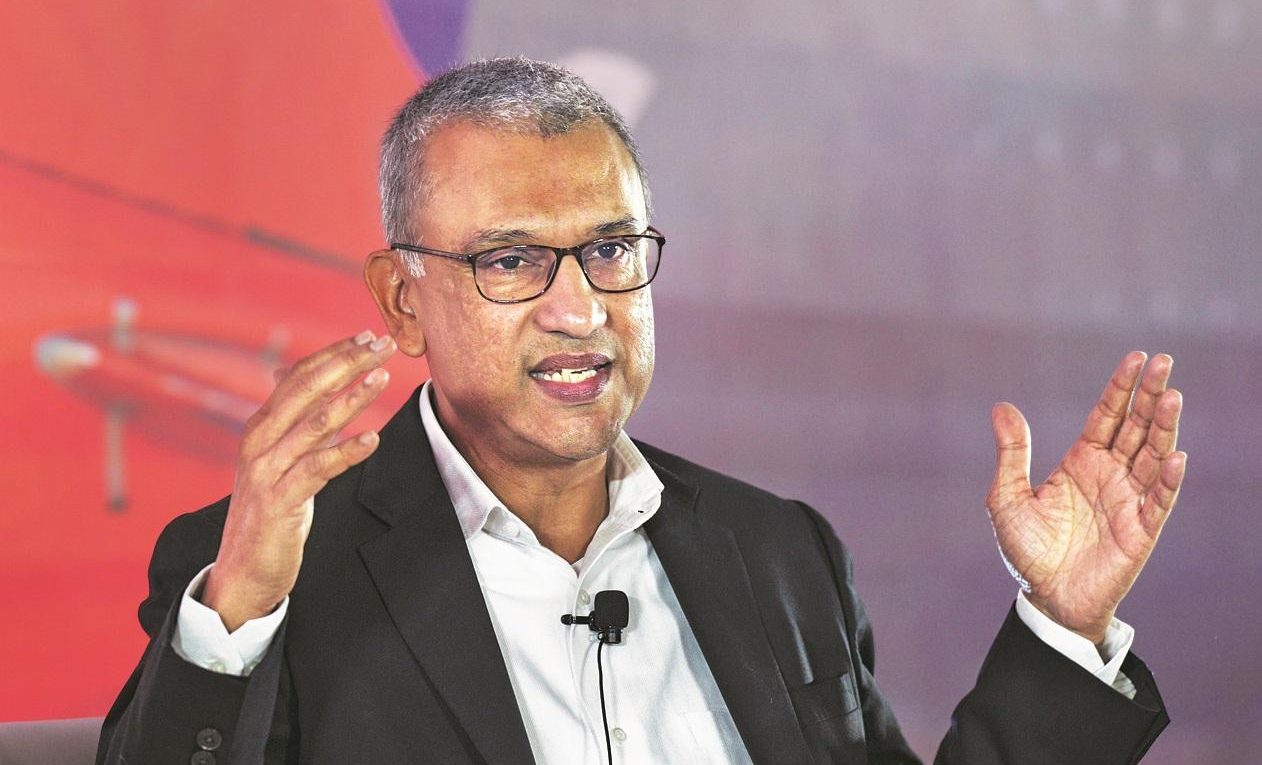Akasa’s future: CEO Dube seeks to douse fire lit by lawyers’ closure claims
The company has “enough pilots at various phases of their training to fly over 30 aircraft” and the airline has chosen “to fly less and give up market share in the short term to offer a more reliable network to customers”, Dube wrote, adding that these were only “short-term constraints”.
Akasa’s lawyers had said on Tuesday that the airline was in a “state of crises” and might “shut down” due to the abrupt resignation of 43 pilots to join rival airlines. The lawyers pleaded that the court direct the Directorate General of Civil Aviation (DGCA) to enforce the mandatory notice period rule for pilots. The notice period is six months for co-pilots, and 12 months for commanders.
In his email to employees, Dube assured that the company was in fine fettle and said Akasa was “never more confident” about its “future and will continue to invest prudently, with longer-term financial success in focus”. He added that they were also pleased to note that their disciplined approach had helped establish a strong financial profile to execute ambitious plans.
The airline, Dube wrote, was generating cash from the first day of its operations, and this meant that the initial funds put in by investors, including the deceased ace investor Rakesh Jhunjhunwala, remained “secure in our bank account”. The employees should be proud that the airline has added to the company reserves even in the first year of its operations, he wrote.
Justifying the company’s decision to sue the 43 pilots for damages, Dube said this had been done after a lot of deliberations, as the pilots’ actions “were not only in violation of their contract but also the country’s civil aviation regulation”.
Addressing the question over Akasa’s employee centricity as it sought legal remedy against former employees, Dube argued “since these acts have caused disruption and disrespect to the great work done by our current employees, the most employee-centric thing we can do is to remain fiercely protective of your future and the promise we have made to our customers”.
While he condemned the “unethical behaviour” of the pilots who quit, he was equally thankful to those who stayed back. The “remarkable pilot community gave up their days off to cover additional sectors”, he wrote. And that was particularly significant as they strove to maintain “our uncompromising standards of safety and also get adequate rest”. He also wrote that the company had a 10-year plan that covered pilot recruitment, training and career upgrades.
